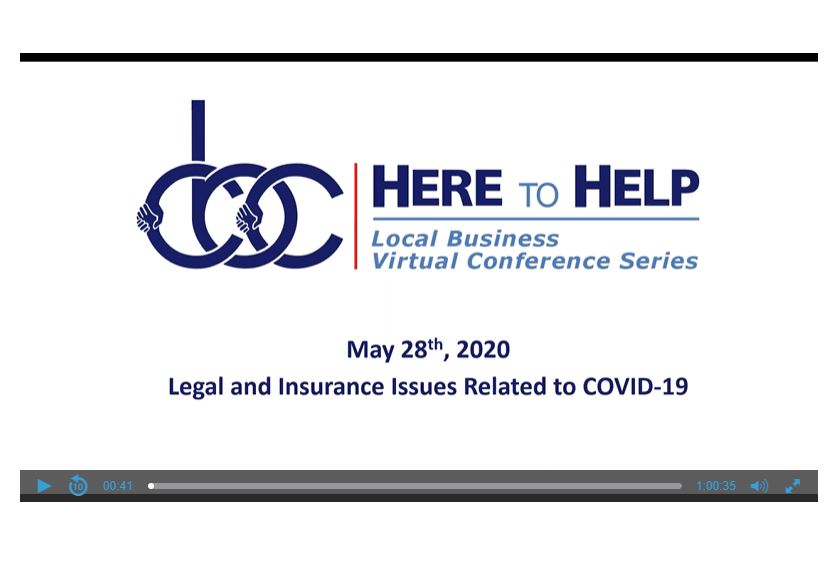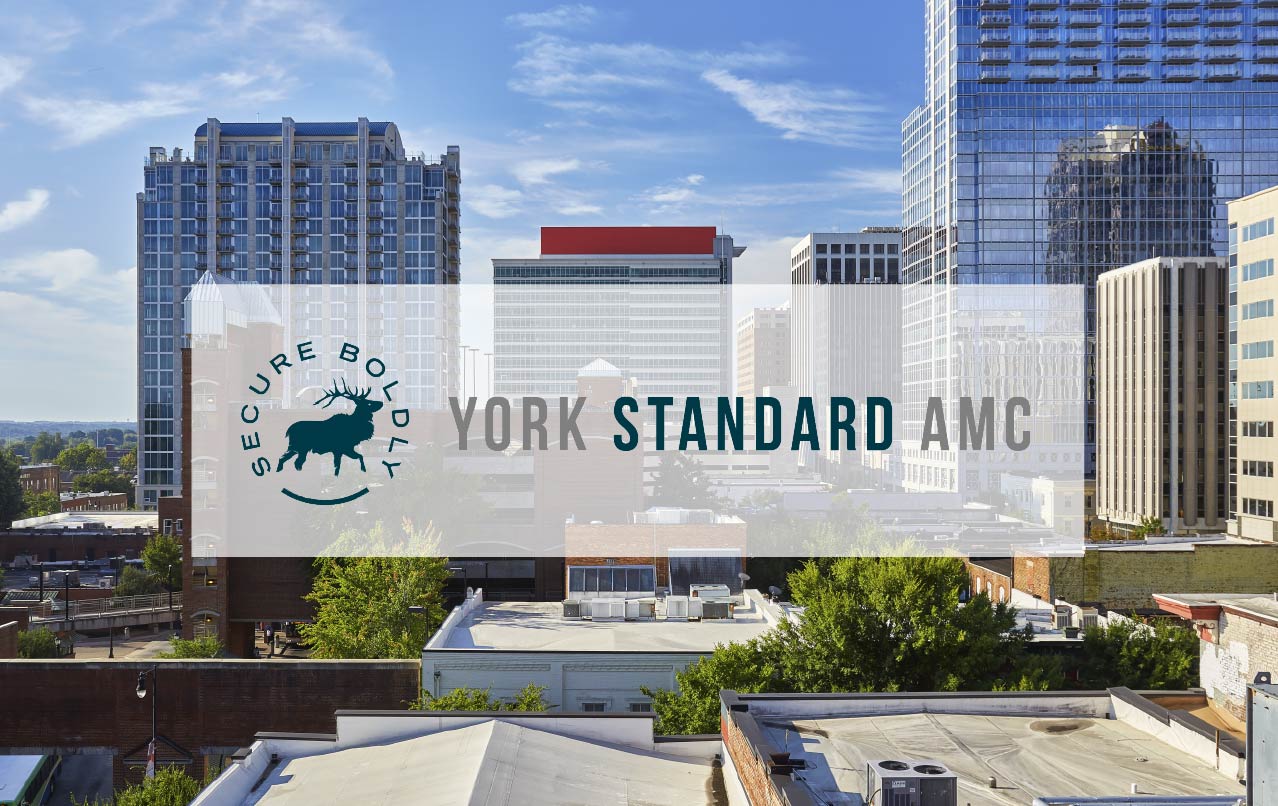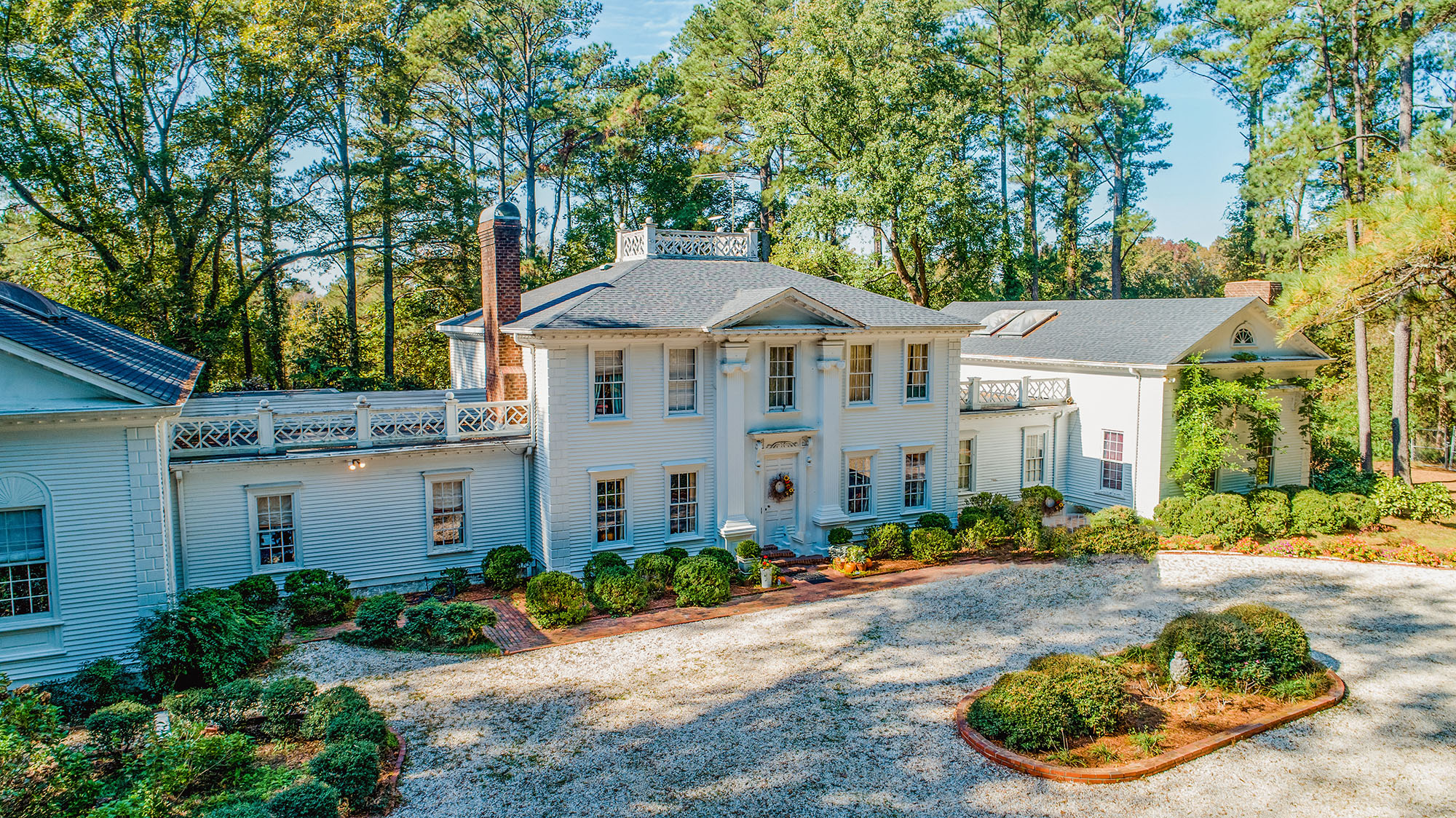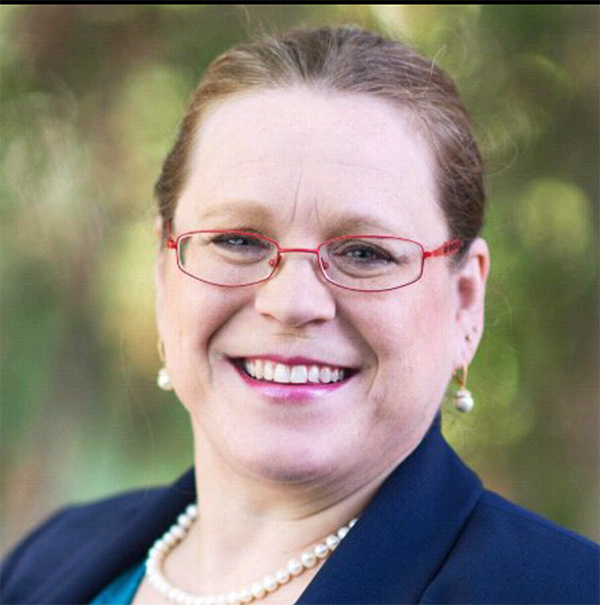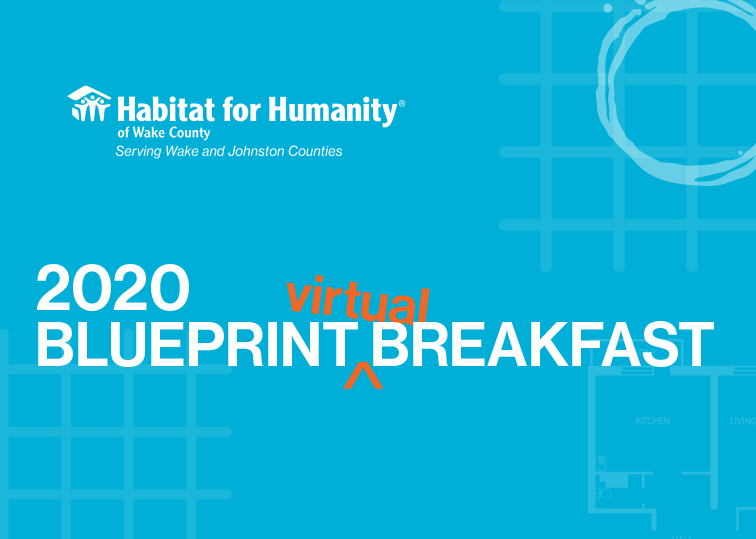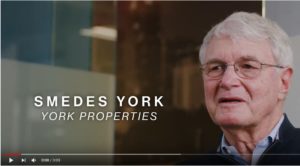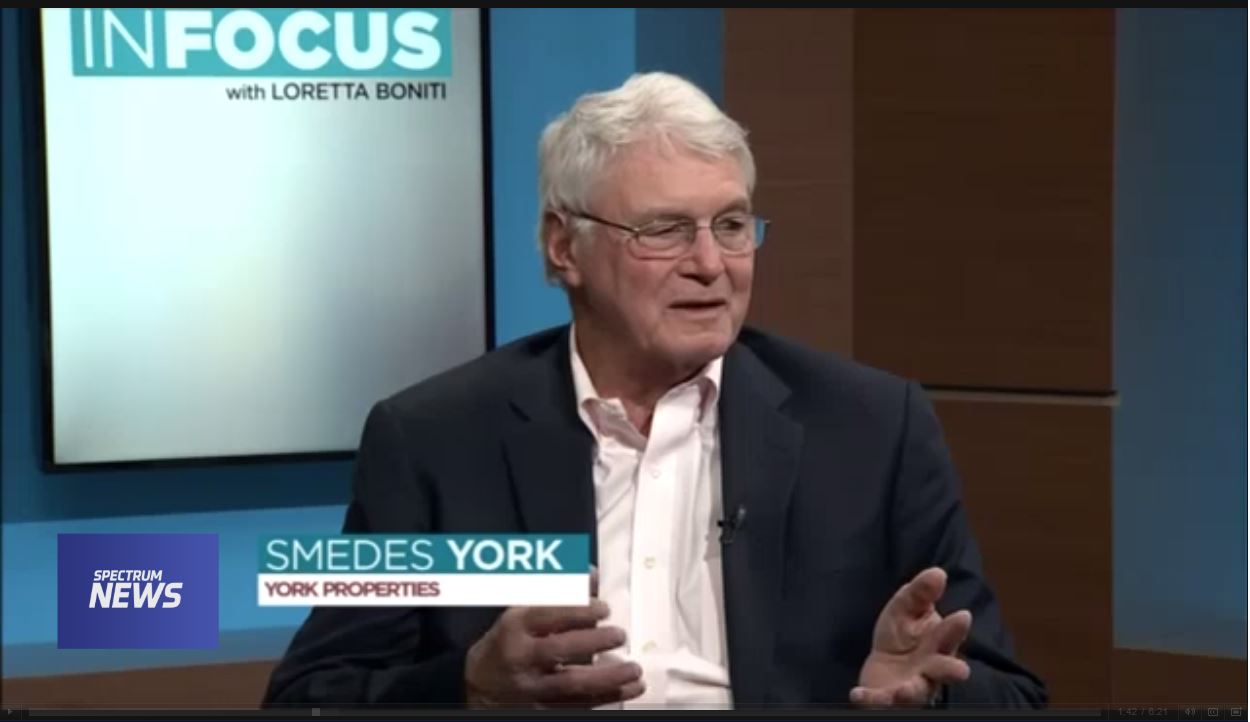
Onward Reserve Opens New Location in Raleigh after COVID-19 Delays
Lifestyle Brand Opens in Cameron Village with “Celebrate Summer” Giveaway
RALEIGH, N.C. (July 1, 2020) – Onward Reserve, a specialty men’s apparel and lifestyle brand, today announced the opening of its newest retail location at Cameron Village. This will be the 12th retail store for the Atlanta-based brand, which can also be found online and in partner retailers across the country. Onward Reserve Raleigh is located at 404 Daniels Street, near the intersection of Clark Avenue.
To commemorate the Raleigh opening, Onward Reserve is holding a “Celebrate Summer” giveaway. Any customer who shops in-store grand opening week (July 1 – 8, 2020) or enters the giveaway online will be entered to win a “Summer Essentials” gift basket from Onward Reserve.
The prize includes a $250 gift card to Onward Reserve, the brand’s signature Ranch Water cocktail cups and ingredients (Topo Chico and limes), an Onward Reserve North Carolina trucker hat, Onward Reserve beach towel, new Raleigh tee and Onward Reserve koozie. The giveaway can be entered by visiting the website here.
Onward Reserve, which was founded in 2012 by T.J. Callaway when he was just 26 years old, offers apparel ranging from tees featuring original works of art by accomplished artists, to tailored and performance sportswear, accessories, and footwear. Onward Reserve also boasts a curated selection of distinctive gifts, including barware, books and small leather goods.
“Creating authentic moments with family and friends is the inspiration behind Onward Reserve,” said T.J. Callaway, founder and CEO of Onward Reserve. “We already have a strong customer base online in the Triangle area and are thrilled to join the community in Cameron Village and for people to experience the Onward Reserve brand in-person.”
Onward Reserve partnered with celebrated local artist Anna Ball Hodge to help create an original painting of Raleigh landmarks to be featured on the back of the new Onward Reserve Raleigh tee. The scene celebrates the vibrancy of the city and the painting hangs prominently in the store.
Onward Reserve Raleigh will be managed by Raleigh native and NC State grad, Rachel Ferraguto. The store was originally scheduled to open in early April but was delayed due to COVID-19.
“I’m excited to introduce Onward Reserve to the Raleigh market, especially as it’s more important than ever to ‘shop small,’” said Ferraguto. “Our store is just up the street from my alma mater, so I can’t wait to be an active member of the NC State and larger Raleigh communities.”
Doors will open at 10 am on Wednesday, July 1, following the state guidelines for Phase Two of reopening, practicing social distancing measures in-store and adhering to CDC guidelines for sanitation measures. If preferred, customers may call ahead for curbside service and private shopping appointments are also available.
“In today’s climate, we want to meet customers where they are, serving them however they feel most comfortable to allow them to safely shop with us,” continued Ferraguto.
Onward Reserve Raleigh will be open 10 a.m. to 7 pm., Monday through Saturday, and 12 p.m. to 5 p.m. on Sunday. A surprise gift with purchase will also be given to customers who shop in-store during the two weeks of being open.
“Despite recent challenges, our continued growth online and expansion into Raleigh underscores that customers are looking for a brand that not only provides quality products but also an authentic and personal experience,” said Callaway. “We’re excited to celebrate our opening with the Raleigh community.”
For more information, visit www.onwardreserve.com and follow us on Facebook and Instagram for the latest updates and store happenings.
About Onward Reserve
Onward Reserve is a specialty men’s apparel and lifestyle brand headquartered in Atlanta, Georgia. The company was founded in 2012 by T.J. Callaway and strives to deliver a world-class retail experience with genuine hospitality. With a laid-back approach to luxury and unwavering quality, Onward Reserve creates products that can outfit gentlemen of all ages doing what they love – from a day at the office, to weekends spent fishing, hunting, golfing, boating or simply spending time with friends and family.
Onward Reserve has 12 retail locations: three in Atlanta; Athens, Ga.; Thomasville, Ga.; Charlotte and Raleigh, N.C.; Clemson, S.C.; Chattanooga and Nashville, Tenn; Dallas; and College Station, Texas. Additionally, the brand has significant online sales and wholesale business. For more information and to shop online, please visit www.onwardreserve.com and follow us on Facebook and Instagram.
About Onward Reserve Raleigh
Address: 404 Daniels Street, Raleigh, NC 27605 | Phone: 919-615-3376 | Manager: Rachel Ferraguto | Email: rachel@onwardreserve.com



